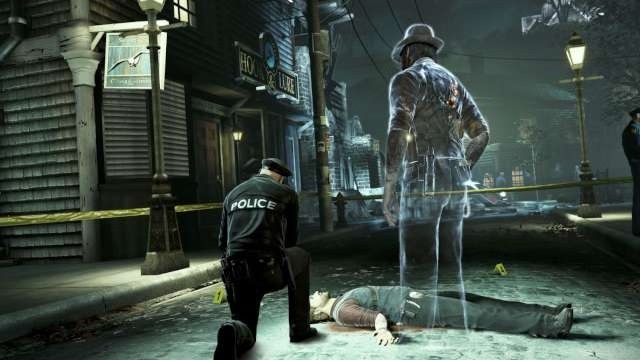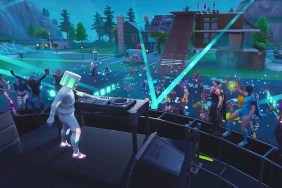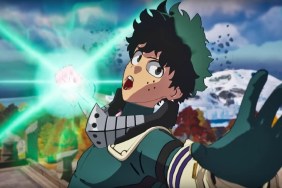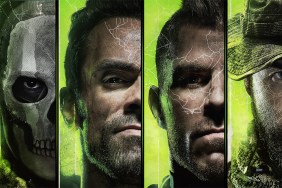Die Hard and ghost guns.
Thrown through a fourth-story window, Ronan O'Connor sees his life flash before his eyes in the story of how he got each of his many tattoos; from his life of crime as a troubled teen, to his jail-time and reform through his marriage, to him becoming a cop, to his wife's death and him throwing…











